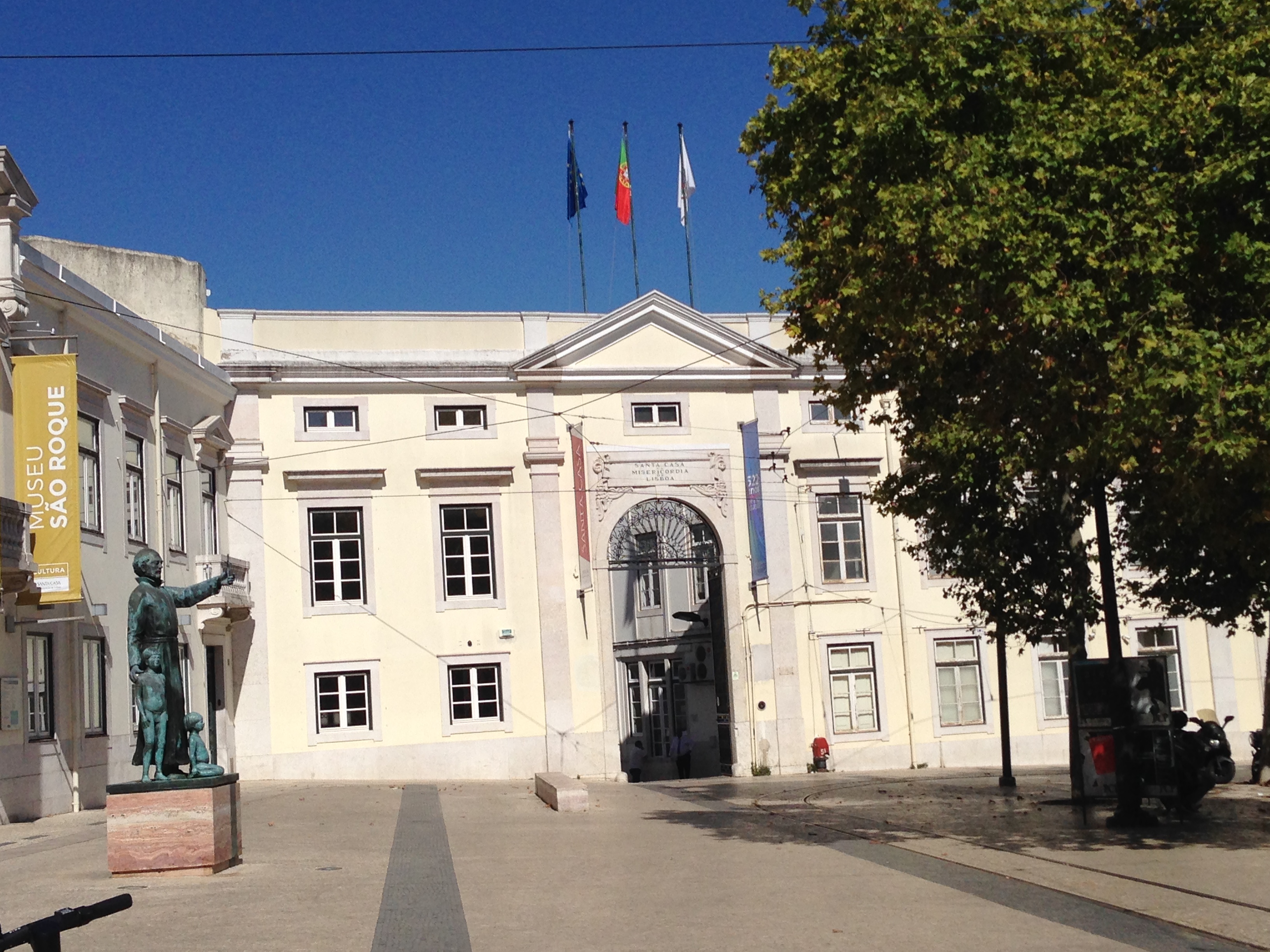|
Leonor Of Viseu
Eleanor of Viseu (2 May 1458 – 17 November 1525; pt, Leonor de Viseu ) was a Portuguese ''infanta'' (princess) and later queen consort of Portugal. She is considered one of her country's most notable queens consort and one of the only two who were not foreigners. To distinguish her from other infantas of the same name, she is commonly known as Eleanor of Viseu (after her father's title) or Eleanor of Lancaster ('' Lancaster'', a name used by some Portuguese royals after her great-grandmother Queen Philippa of Lancaster). In Portugal, she is known universally as ''Rainha Dona Leonor''. Family Eleanor was a daughter of Infante Fernando, Duke of Viseu, and his wife and cousin Beatrice of Portugal. Her maternal grandparents were Infante João of Portugal and his wife and niece Isabel of Barcelos. Eleanor's sister Isabel of Viseu married Fernando II of Braganza, who was later accused and executed of treason by Eleanor's husband King John II. Eleanor's older brother Diogo, D ... [...More Info...] [...Related Items...] OR: [Wikipedia] [Google] [Baidu] |
Queen Consort Of Portugal
Portugal had only two queens regnant: Maria I of Portugal, Maria I and Maria II of Portugal, Maria II (and, arguably, two more: Beatrice of Portugal, Beatriz for a short period of time in the 14th century; and Teresa of León, Countess of Portugal, Teresa, in the 12th century, which technically makes her the first ruler and first queen of Portugal). The other queens were queens consort, wives of the Portuguese kings. Many of them were highly influential in the History of Portugal, country's history, either ruling as regents for their minor children or having a great influence over their spouses. Elizabeth of Aragon, who was married to Denis of Portugal, Denis, was made a saint after there were said to have been miracles performed after her death. The husband of a Portuguese queen regnant could only be titled king after the birth of any child from that marriage. Portugal had two princes consort – Auguste de Beauharnais, Auguste de Beauharnais, 2nd Duke of Leuchtenberg and Fer ... [...More Info...] [...Related Items...] OR: [Wikipedia] [Google] [Baidu] |
John, Lord Of Reguengos De Monsaraz
Infante John, Constable of Portugal ( pt, João, ; 13 January 1400 – 18 October 1442) was a Portuguese ''infante'' (prince) of the House of Aviz, Constable of Portugal and master of the Portuguese Order of St. James (Santiago). In Portugal, he is commonly referred to as the ''O Infante Condestável'' ("the Constable Prince"). Early life Infante John was the son of King John I of Portugal and his wife Philippa of Lancaster. John and his brothers Edward, Peter, Henry and Ferdinand, sister Isabella and half-brother Afonso, constitute what Portuguese historians have traditionally labelled the ' illustrious generation' (''Ínclita Geração'') Royal career He was invested as the 1st Lord of Reguengos de Monsaraz, Colares and Belas shortly after. In October 1418, at the king's request, Pope Martin V approved the appointment of Infante John as the 10th Master of the Order of St. James of the Sword, bringing the old military order into the hands of the royal family.Bull o ... [...More Info...] [...Related Items...] OR: [Wikipedia] [Google] [Baidu] |
Santa Casa Da Misericórdia
Santa Casa da Misericórdia is a lay Portuguese charity founded in 1498, whose mission is to treat and support the sick, the disabled, as well as abandoned newborns. History The institution traces its official foundation to 1498, when Queen Leonor opened the Misericórdia of Lisbon. Recently made a widow by the death of King John II of Portugal, the Queen had begun dedicating herself intensely to the sick, poor, orphans, prisoners, artists, and sponsored the founding of the brotherhood, based on the model of previous Italian charities, first founded in Florence in 1244. The operations of the ''Misericórdia'' were overseen by 30 noblemen and 30 laymen in charge of carrying out the 14 Works of Mercy which the Misericórdia committed itself to, seven of which of spiritual nature: *to teach the humble, *to give good advice, *to correct through charity those who do wrong, *to console those who suffer, *to pardon those who offend us, *to suffer patiently, *to pray for the livi ... [...More Info...] [...Related Items...] OR: [Wikipedia] [Google] [Baidu] |
Portuguese Language
Portuguese ( or, in full, ) is a western Romance language of the Indo-European language family, originating in the Iberian Peninsula of Europe. It is an official language of Portugal, Brazil, Cape Verde, Angola, Mozambique, Guinea-Bissau and São Tomé and Príncipe, while having co-official language status in East Timor, Equatorial Guinea, and Macau. A Portuguese-speaking person or nation is referred to as " Lusophone" (). As the result of expansion during colonial times, a cultural presence of Portuguese speakers is also found around the world. Portuguese is part of the Ibero-Romance group that evolved from several dialects of Vulgar Latin in the medieval Kingdom of Galicia and the County of Portugal, and has kept some Celtic phonology in its lexicon. With approximately 250 million native speakers and 24 million L2 (second language) speakers, Portuguese has approximately 274 million total speakers. It is usually listed as the sixth-most spoken language, the third-most sp ... [...More Info...] [...Related Items...] OR: [Wikipedia] [Google] [Baidu] |

.png)

